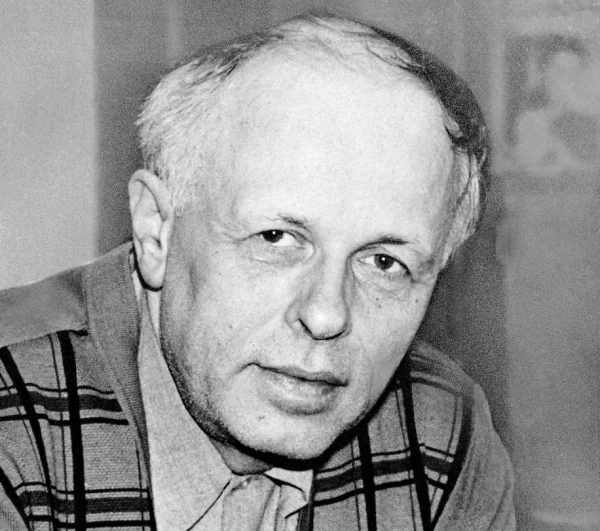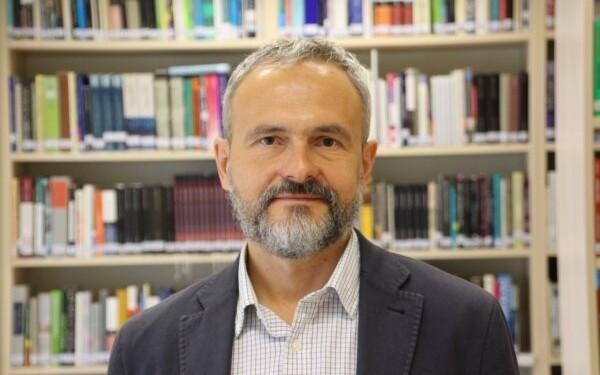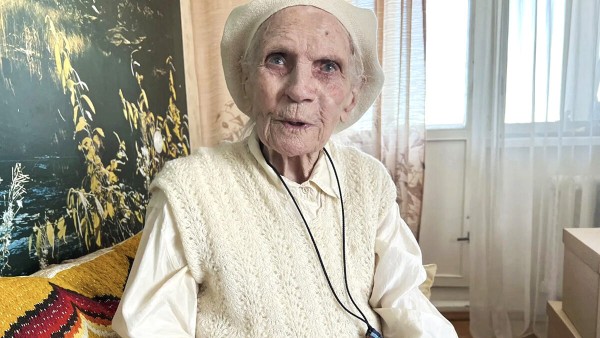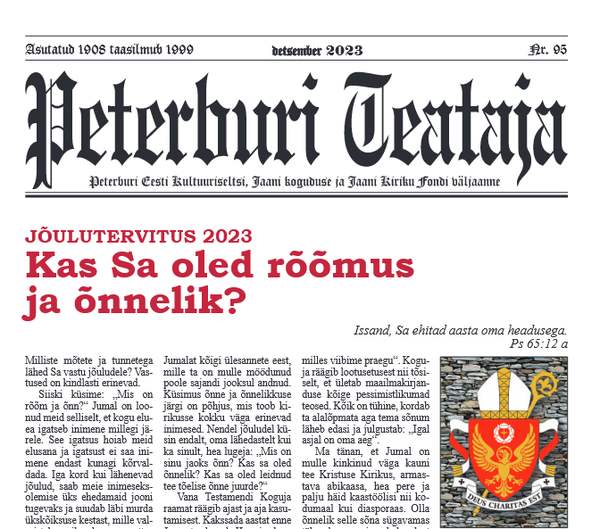This week, capitals around the world are marking the centennial of the birth of Andrei Sakharov, the renowned Russian scientist, humanist and human rights advocate, with commemorative events and exhibitions. The one exception is Sakharov’s native city, where the authorities have prohibited the planned photo exhibit on the Boulevard Ring. “The content was not authorized,” a Moscow City Hall official explained to the organizers.
Paradoxically, the decision was quite appropriate. It would have been the height of hypocrisy to hold an official Sakharov exhibit at a time when state-driven repression in Russia is fast approaching what it was in his own time — and when the number of recognized political prisoners is more than double the number he noted in his 1975 Nobel Prize lecture. Not to mention that Vladimir Putin, a former officer from the Soviet KGB — the very organization that persecuted Sakharov and his family — is occupying the Kremlin.
Not many people would voluntarily trade a life of privilege and comfort for the perilous fate of a dissident in a totalitarian society. Sakharov did. A brilliant physicist, the father of the Soviet hydrogen bomb, the youngest-ever full member of the Soviet Academy of Sciences, he received the highest state awards, enjoyed material privileges and had personal access to Kremlin leaders. But as his eyes opened to the true nature of the regime he helped protect — including by what he witnessed during nuclear tests in populated areas — he could not stay silent.
“Freedom of thought requires the defense of all thinking and honest people,” Sakharov wrote in his first major political essay in 1968. “[It] is the only guarantee against an infection of people by mass myths, which, in the hands of treacherous hypocrites and demagogues, can be transformed into bloody dictatorship.” It was at the end of the 1960s when Sakharov the scientist finally gave way to Sakharov the dissident as he began to focus almost exclusively on defending prisoners of conscience, displaced peoples (notably Crimean Tatars), those seeking to emigrate and others who came under attack from the repressive state.
Sakharov used his prominence and academic credentials to attend the political trials that were normally closed to the public. “He came with all his medals and decorations and told police officers that he was Academician Sakharov,” recalled Vladimir Bukovsky, a famed Soviet dissident and prisoner of conscience. “They didn’t dare not let him in. Why, he had more decorations than [Soviet leader Leonid] Brezhnev!” It was at one of these dissident trials that Sakharov met Yelena Bonner, a fearless champion in her own right who would become his wife, companion and comrade in arms. If there ever was a marriage between soulmates, it was theirs.
Soviet leaders were at a loss how to deal with Sakharov. He was too prominent, at home and internationally, to send to prison or a psychiatric hospital. They couldn’t exile him abroad because of “state secrets” he knew by virtue of prior work. So they tried everything else, from pretending he no longer existed (Soviet encyclopedia articles simply stated that Sakharov “has left scientific work”) to orchestrating open letters in Soviet newspapers from workers, milkmaids, writers and Sakharov’s fellow academicians, condemning his “anti-Soviet activities.”
The harassment grew especially vicious when, in 1975, Sakharov became the first Russian to be awarded the Nobel Peace Prize. (The next one, ironically, would be a general secretary of the Soviet Communist Party, Mikhail Gorbachev.) In his Nobel lecture — read out by Bonner, as he was not allowed to leave the U.S.S.R. — Sakharov named 126 Soviet prisoners of conscience, who, as he emphasized, “share with me the honor of the Nobel Prize.”
The Kremlin’s patience ran out in January 1980. While on his way to an academic seminar, Sakharov was intercepted by the KGB, driven to the prosecutor’s office and told that he was being stripped of his state awards and consigned — without as much as a formal court order — to internal exile in Gorky, a city closed to foreign visitors. There, kept under constant KGB surveillance and subjected to regular force-feedings during hunger strikes, he would spend nearly seven years. His return to Moscow in December 1986 — after a surprise phone call from Gorbachev — was the first sign that something might be changing in the Soviet Union.
Sakharov lived just long enough to taste a small sampling of the freedom he helped bring to his country. In 1989, he was elected to the Soviet Union’s first (and last) semi-democratic legislature, the Congress of People’s Deputies, where he led, along with Boris Yeltsin and other rebellious lawmakers, the small but vocal pro-democracy opposition. For the first time, his words were heard not from foreign radio broadcasts or samizdat publications, but by millions of Soviet citizens on live television — and that in itself had a profound moral effect on society. History, as they say, knows no “ifs” — but had Sakharov lived longer, the outcome of Russia’s failed democratic experiment in the 1990s might have been different.
Although it has been more than three decades since his passing, Sakharov’s time has not yet come in Russia. But today’s young people, who may know little about him, unwittingly continue his work as they risk arrests and beatings to demonstrate their solidarity with prisoners of conscience. “Today as always I believe in the power of reason and the human spirit,” Sakharov wrote in the darkest days of his Gorky exile. His own spirit of optimism and hope is very much needed in today’s Russia.
https://www.washingtonpost.com...
The Soviet era’s leading dissident is still a provocation for today’s Kremlin
Eestlased Venemaal | 25 May 2021 | Vladimir Kara-MurzaEWR
Eestlased Venemaal
TRENDING

























